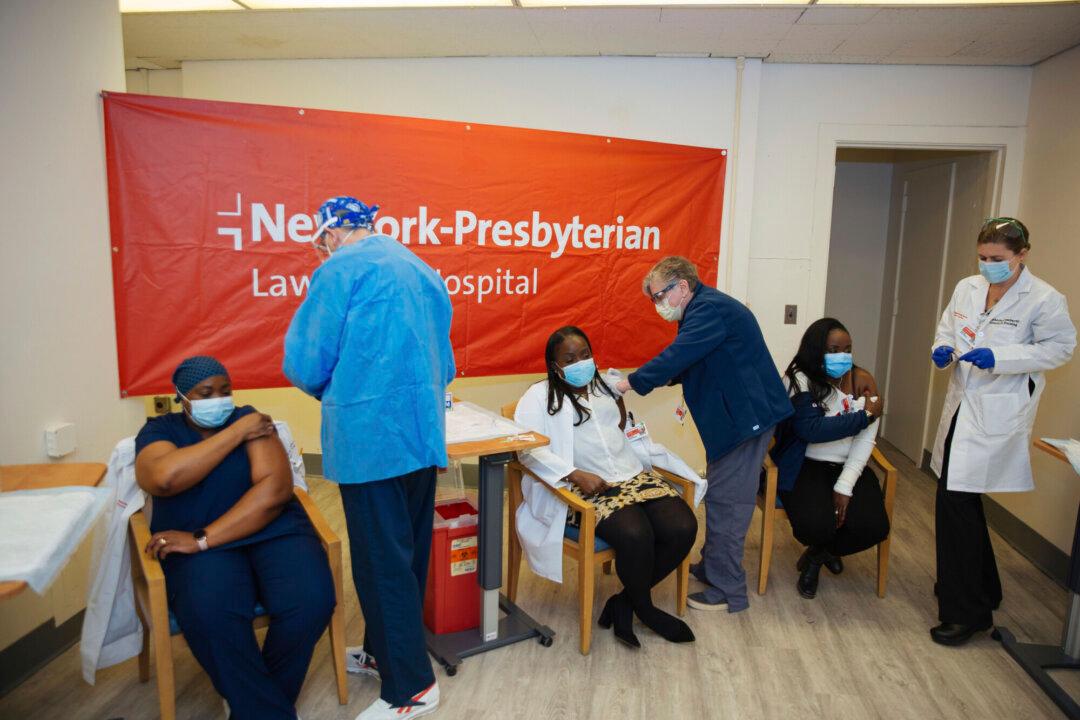Amid reports of vaccine shortages occurring around the world, a new study (pdf) suggests that people who have already had COVID-19 should get only one shot of the mRNA vaccine to avoid possible unnecessary adverse reactions and free up supplies for those who need it more.
The study, which hasn’t been peer-reviewed, evaluated vaccine reactions after receiving the first dose in 231 individuals—83 with a past infection of the CCP (Chinese Communist Party) virus and 148 who had never had an infection.






